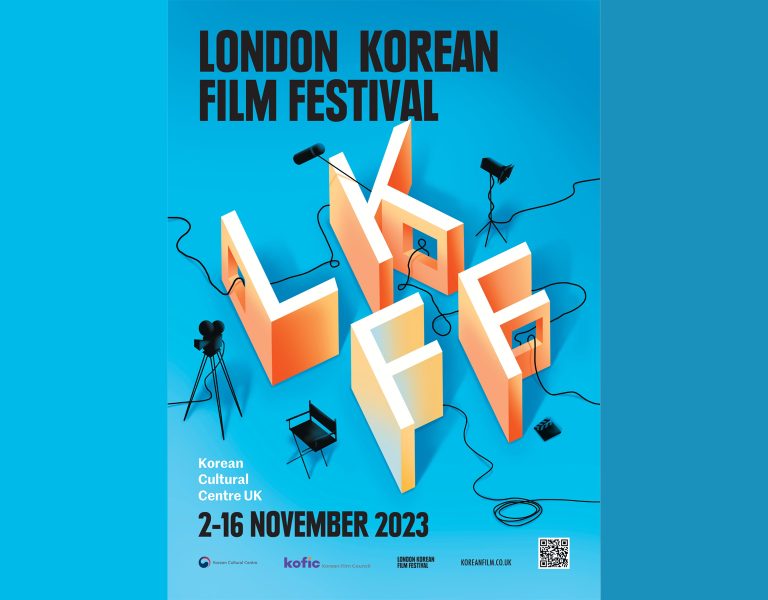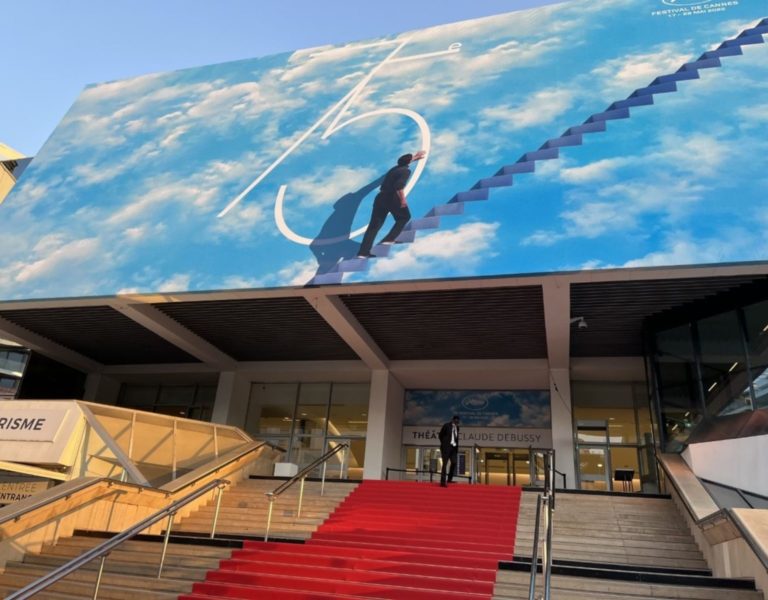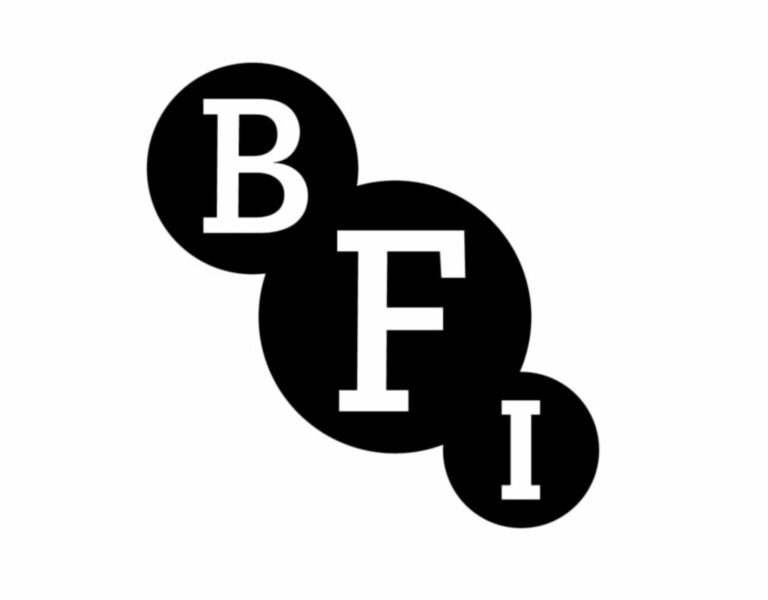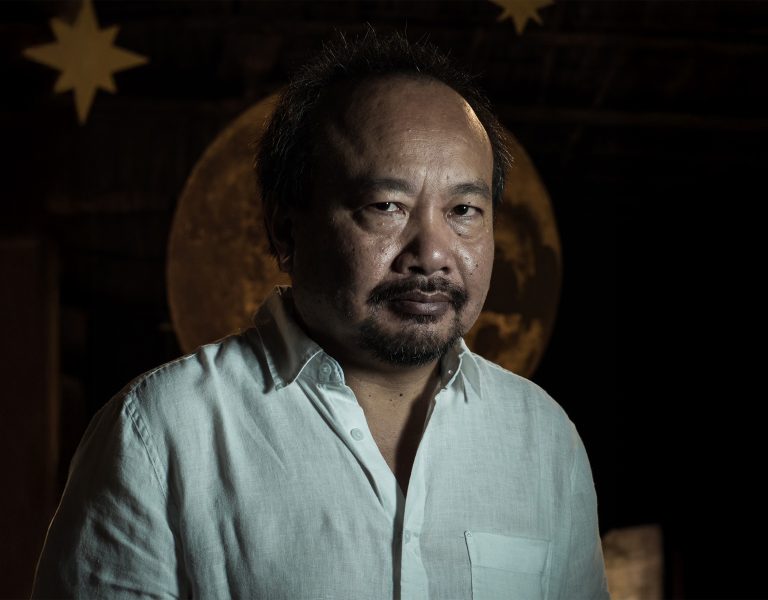 The London Korean Film Festival (LKFF) will kick of its 19th edition from 1 to 13 November, showcasing an exciting array of films at venues including BFI Southbank, Ciné Lumière, and the Institute of Contemporary Arts (ICA). Organised by the Korean Cultural Centre UK (KCCUK) and supported by the Korean Film Council, this year’s festival promises to highlight the richness of contemporary Korean cinema.
The London Korean Film Festival (LKFF) will kick of its 19th edition from 1 to 13 November, showcasing an exciting array of films at venues including BFI Southbank, Ciné Lumière, and the Institute of Contemporary Arts (ICA). Organised by the Korean Cultural Centre UK (KCCUK) and supported by the Korean Film Council, this year’s festival promises to highlight the richness of contemporary Korean cinema.
Opening the festival on 6 November is Victory, directed by Park Beom-su, which isa vibrant coming-of-age story set in 1999 on the island of Geo-je in South Korea. The girls, who had been out of the spotlight of society, formed a cheerleading team to support a local football team, the workers, and various citizens, using their own will and strength. Feeling destined to always be in someone else’s shadow, the girls ultimately become the protagonists of their own lives and learn to cheer for themselves.
“With influential figures like Bong Joon-ho, BTS, and Son Heung-min at the forefront, there has been significant growth across various fields of art and culture, sparking increased interest and understanding of Korean culture,” Park said.“Moreover, the actors’ skill and the crew’s technical expertise have significantly improved, making it more than enough to captivate audiences worldwide. Since direction and screenwriting have consistently demonstrated high quality in the past, I believe these two elements have contributed to the recent surge in the popularity of Korean cinema.”
Another film to look out for is FAQ, a coming-of-age drama and black comedy that follows the journey of a primary school student, Dong-chun, as she seeks answers to the question, “Why do I have to do this?” The film uniquely combines elements such as makgeolli, Morse code, and Persian to create its narrative.
The director Kim Da-min said: “I believe the recent popularity of Korean cinema may be due to the rapid socio-cultural changes in South Korea, which have allowed the film industry to evolve and adapt swiftly. Alternatively, it could also stem from the human brain’s constant desire for new experiences.”
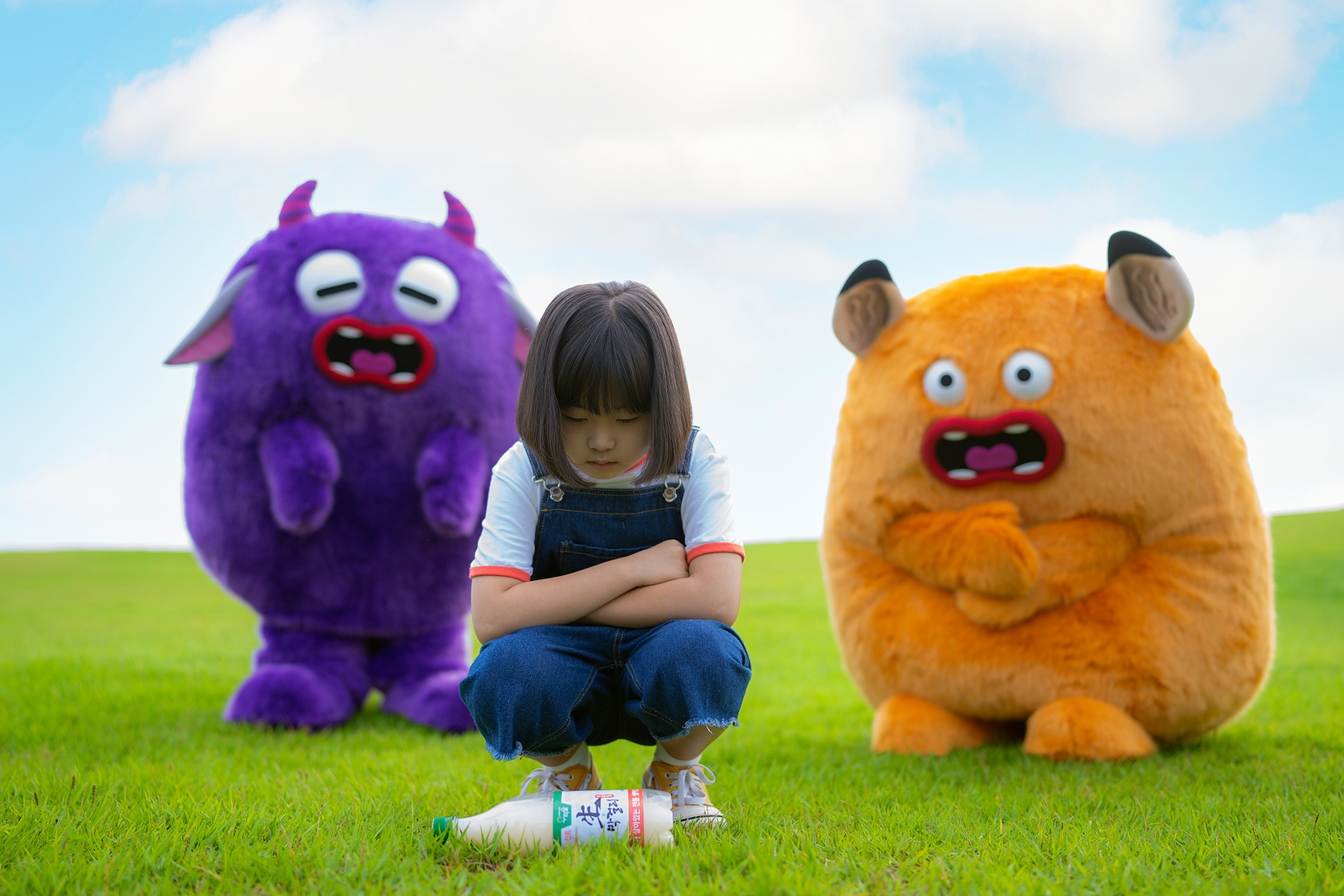
Last but by no means least, look out for It’s Okay, which tells the story of In-young, a high school student who lost her mother a year ago and has been living on her own. When she loses her place to stay, she secretly begins living in the dance troupe she belongs to, but is eventually discovered by her instructor, Seol-ah. The film follows the events that unfold as these two very different people unexpectedly end up living together, gradually coming to understand each other and forming a new kind of family. It conveys a message about the solidarity we need when facing challenges, and how perfectionism shouldn’t dictate our lives.
Director Kim Hye-young said hearing the news of Korean films being invited to numerous international film festivals and seeing them screened has made her realise just how well-known and popular Korean cinema has become around the world. “As various aspects of Korean culture are introduced globally, it’s clear that Korean films are no longer unfamiliar to international audiences, and this brings me great joy,” she said. “While interest in Korean films may have initially stemmed from their distinctly Korean themes, I believe they have now evolved into stories that transcend cultural boundaries and resonate with people worldwide. I cautiously think this is a testament to the power of storytelling in Korean cinema. Stories have the ability to evoke emotions and foster empathy without barriers, and I believe that the clever and inventive narratives seen in Korean films have succeeded in gaining widespread global appreciation. These dismantled barriers allow everyone to embrace and enjoy films without hesitation, united by the universal language of cinema.”
The 19th edition of the London Korean Film Festival is organised by the Korean Cultural Centre UK and supported by the Korean Film Council as part of the Connect Korea Campaign, which promotes Korean arts and culture across the UK.
For more information, visit https://www.koreanfilm.co.uk/
